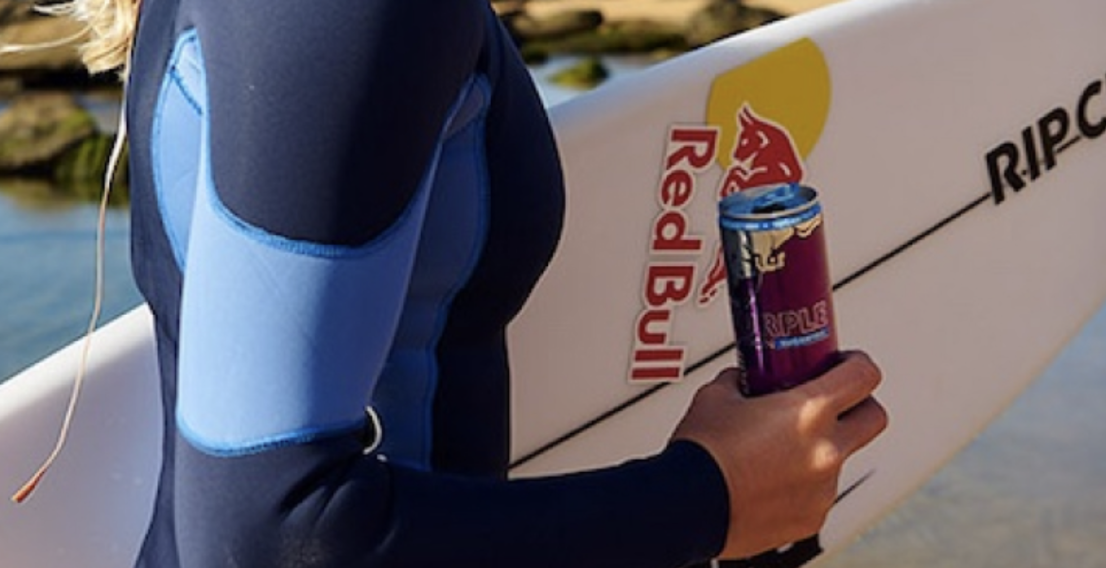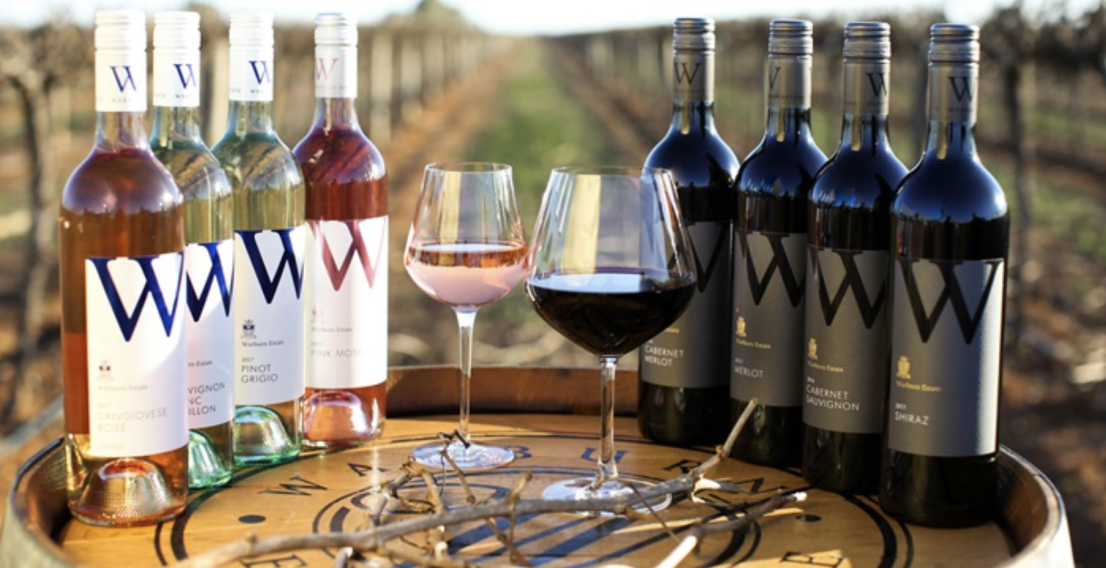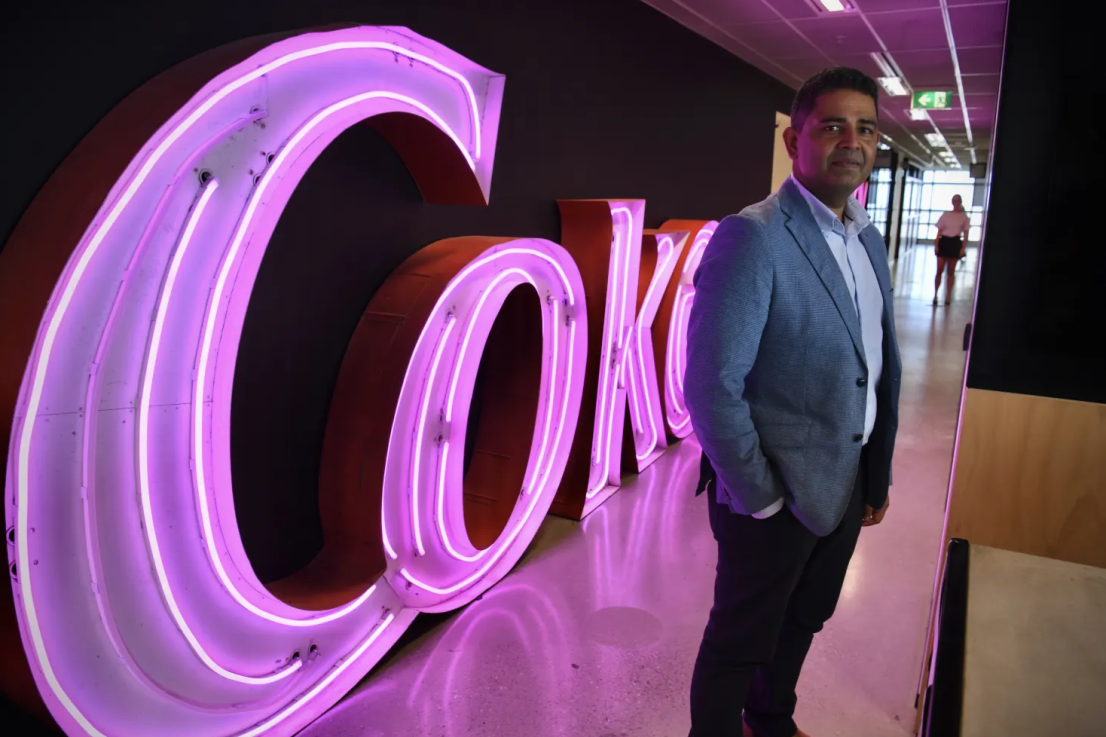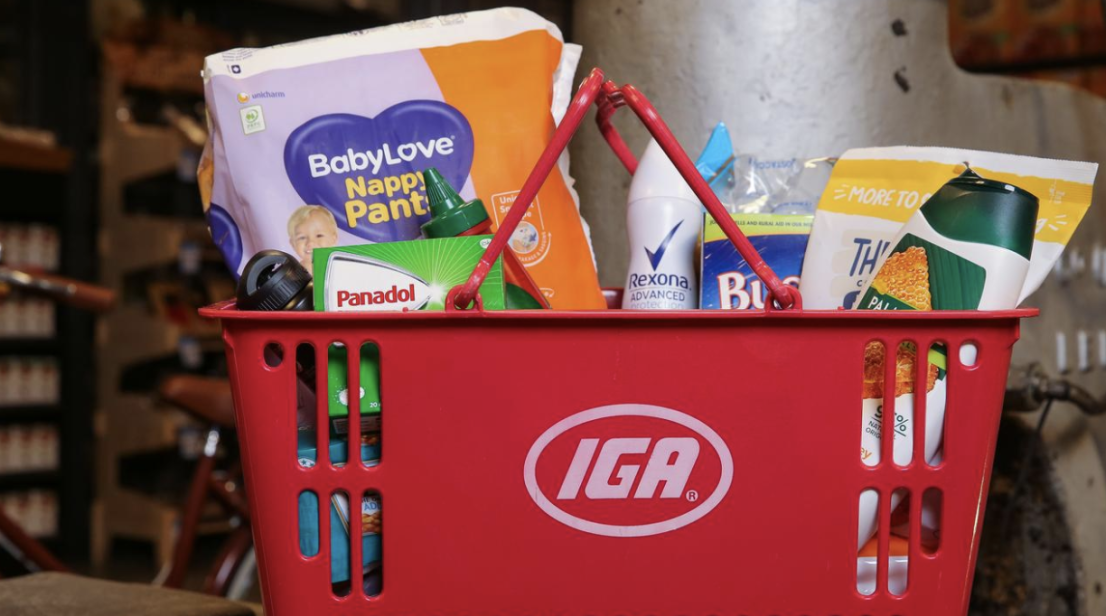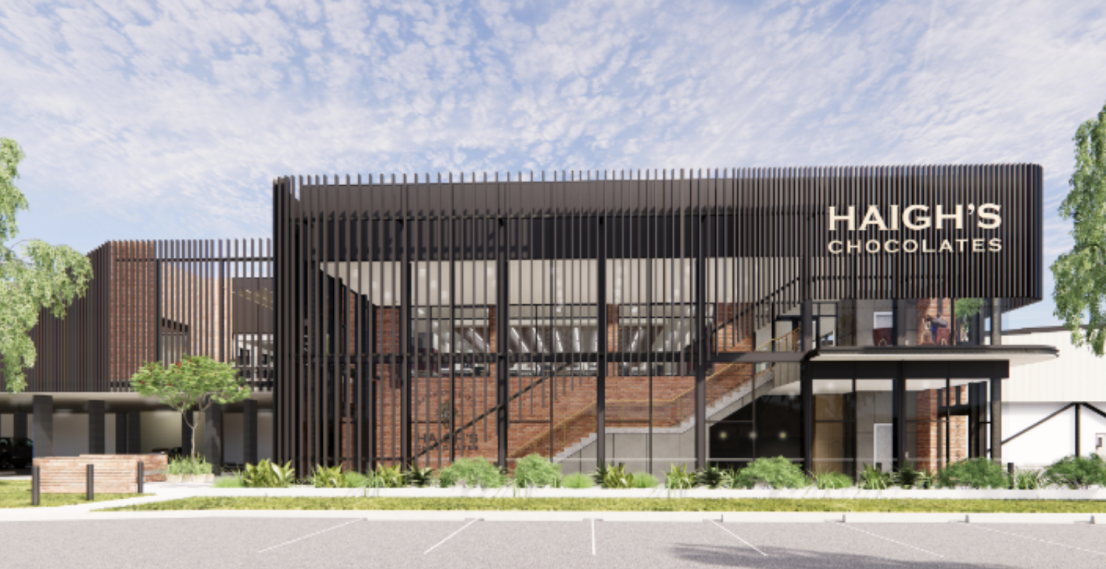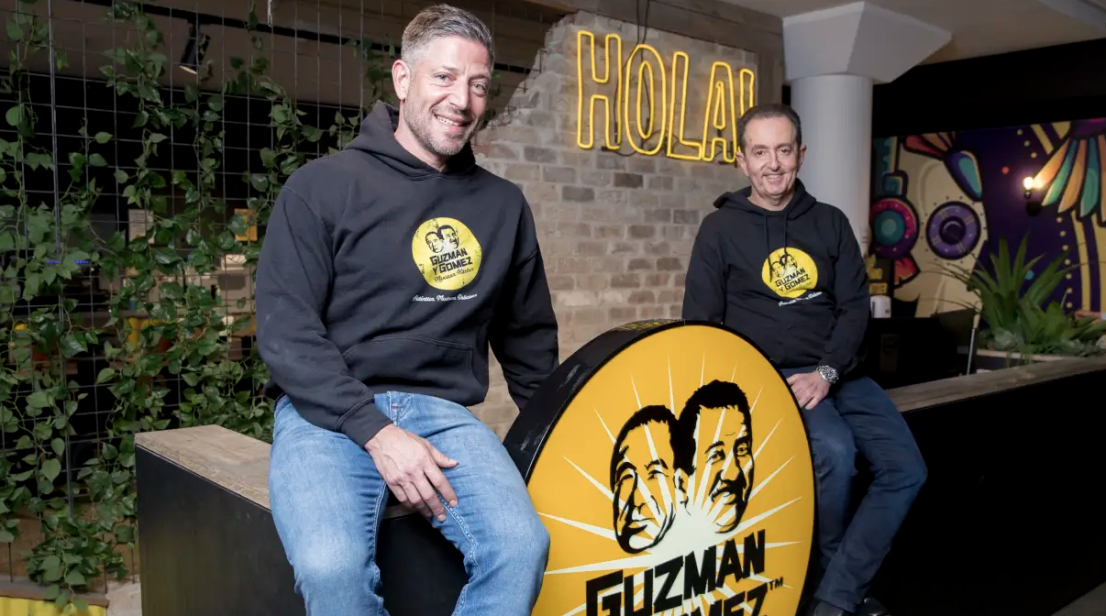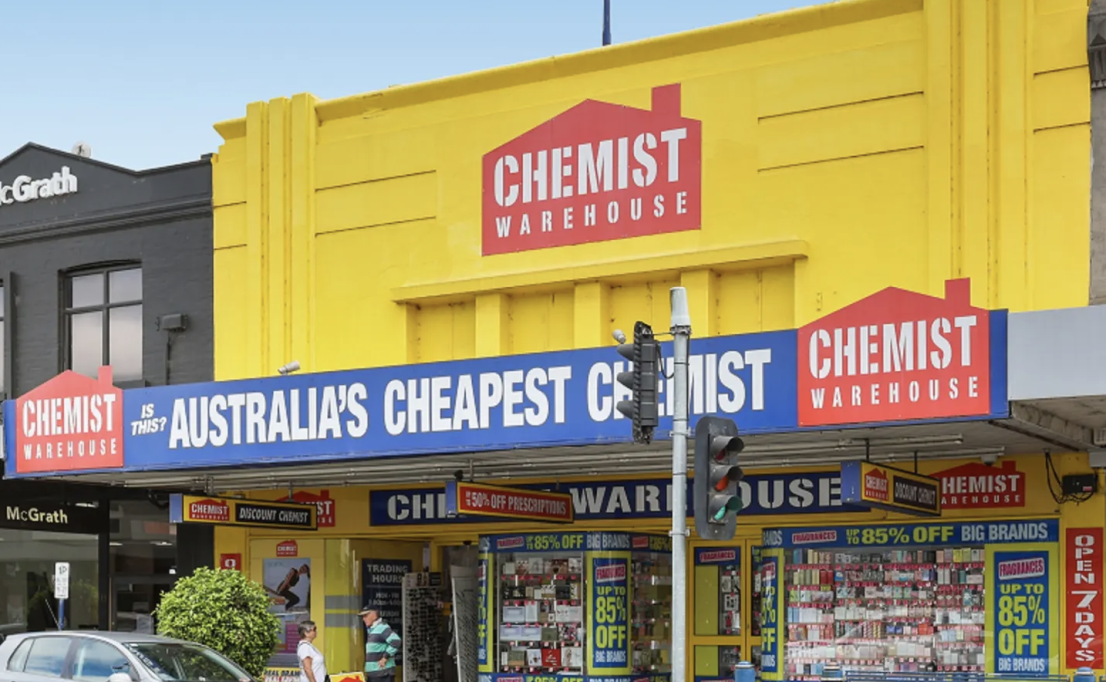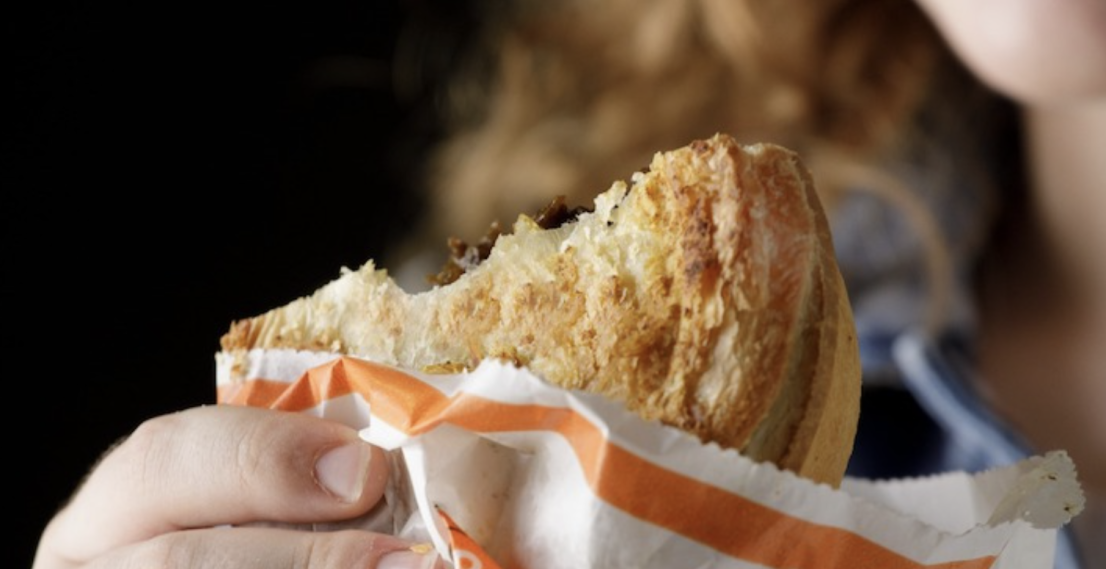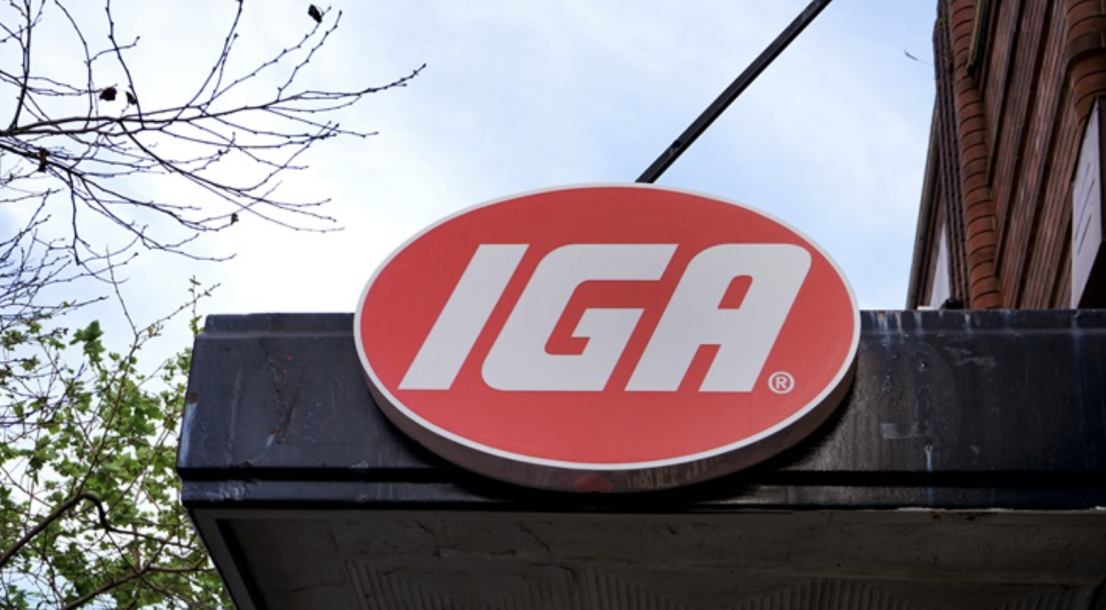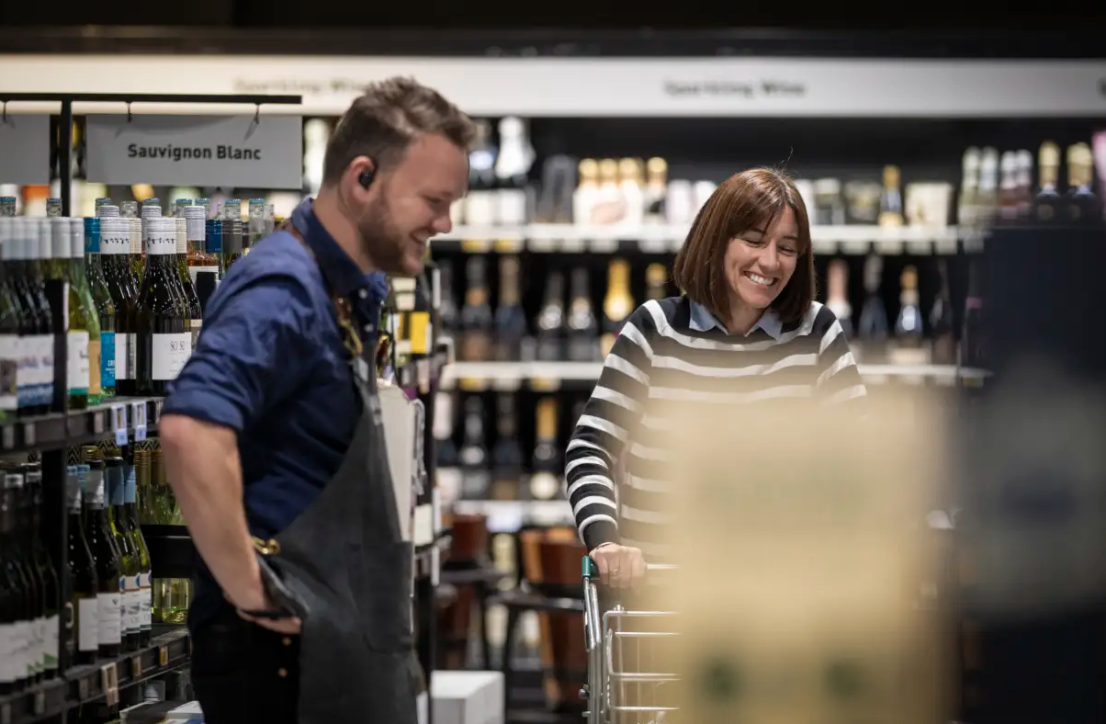
Endeavour, the hotel and liquor retailing group where Bruce Mathieson is the largest shareholder, is opening four Dan Murphy’s superstores in a back-to-basics approach and amid a fractious relationship with the billionaire publican.
Mr Mathieson in October failed in an attempt to force board change at the company, with shareholders at its annual meeting voting down the election of former Woolworths and Dick Smith Electronics executive Bill Wavish as an Endeavour director.
At the heart of Mr Mathieson and Mr Wavish’s argument about Endeavour’s poor management were concerns that the company’s Dan Murphy’s stores were moving too far away from its roots as the operator of superstores, and into smaller, boutique stores.
Endeavour is due to update investors on its strategy on Wednesday, with the focus presumably largely on the company’s hotels division. The company’s chief executive, Steve Donohue, told The Australian Financial Review that Dan Murphy’s had traded strongly over the Black Friday and Cyber Week sales period as customers brought forward purchases they would have otherwise left until the Christmas break.
“It tells us that customers are hunting value,” Mr Donohue said, adding that he had not been distracted by the dispute between Mr Mathieson and the board. Mr Mathieson’s son, Bruce Mathieson jnr, sits on the Endeavour board and the family owns 15 per cent.
“Customers are our hardest markers,” Mr Donohue said.
However, the chief executive of Mr Mathieson’s investment group, Ross Blair-Holt, told the Financial Review earlier this week that Endeavour chairman Peter Hearl should “prepare thyself”, flagging the Mathieson Group would push for an extraordinary general meeting to remove him if he did not step down by the end of February.
“He thinks he is right, and we are wrong,” Mr Blair-Holt said at the time. “So we are saying, ‘if you do not make a call on your future, we’re going to go to an EGM’. We will put up some alternative directors, and try to railroad the chairman out.”
Endeavour shares closed 1.5¢ higher at $5.10 on Tuesday. They have risen 1.7 per cent in the last month, but remain 28 per cent down over the last 12 months.
Endeavour operates 271 Dan Murphy’s stores, 1435 BWS liquor stores and 354 hotels, all of which were split off from Woolworths in 2021 and listed on the ASX. The company plans to open an additional eight to 12 Dan Murphy’s stores next year, with a particular focus on large sites in Australian cities’ growth corridors.
“We look for sites on the left-hand side of the road, for driving home,” said Mr Donohue.
In the last month, Dan Murphy’s stores have opened at Spotswood in the inner west of Melbourne, at Epsom in the regional Victoria centre of Bendigo, and at Rosebud on Victoria’s Mornington Peninsula. A store will open at Woolooware in Sydney’s south in January. Mr Donohue said they were all full-size Dan Murphy’s stores, and it would take two years for them to be trading at close to their potential.
“It takes two Christmases for a Dan’s to reach maturity,” he said.
In a note to clients earlier this week, UBS analyst Shaun Cousins recommended investors buy Endeavour shares, placing a 12-month price target of $6 on the company’s stock. He said fears about regulatory risks from government policy crackdowns on the 12,000-plus gaming machines in the hotels had been overdone.
